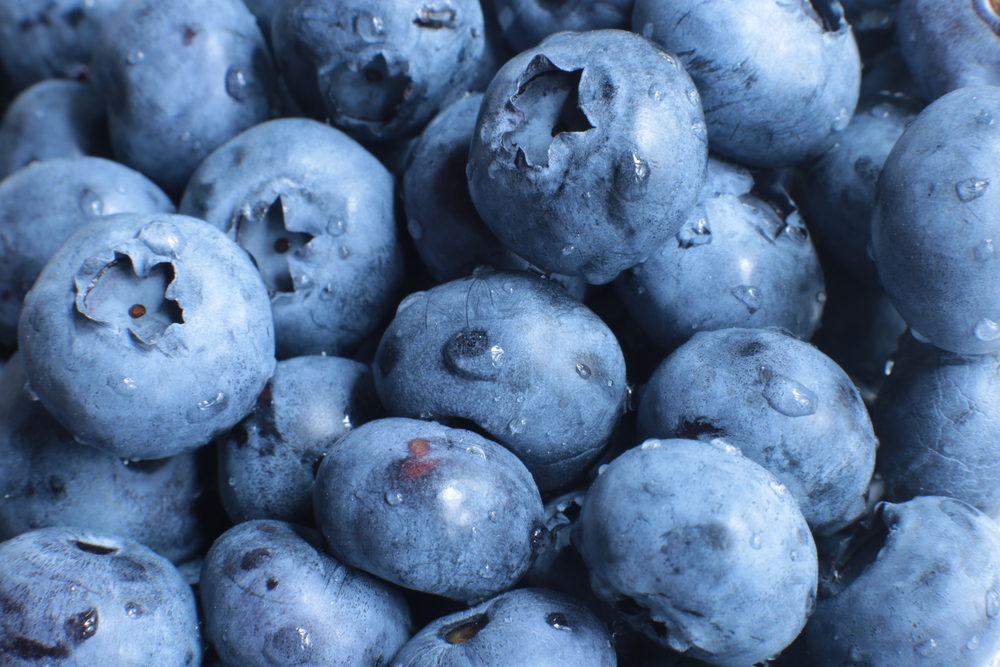6 Foods That May Help Prevent Varicose Veins
 Varicose veins can be painful and unpleasant. Typically caused by damaged or weakened valves and other conditions, numerous factors can increase the chances of developing vascular issues. These factors include a variety of things, including genetics, obesity, and pregnancy.
Some studies have suggested that varicose veins can often be prevented, and according to the Mayo Clinic, losing weight and what foods you eat can even help take pressure off your veins. Here are six foods that may help prevent varicose veins from forming and what foods you can consume to help prevent vein issues from worsening.
Varicose veins can be painful and unpleasant. Typically caused by damaged or weakened valves and other conditions, numerous factors can increase the chances of developing vascular issues. These factors include a variety of things, including genetics, obesity, and pregnancy.
Some studies have suggested that varicose veins can often be prevented, and according to the Mayo Clinic, losing weight and what foods you eat can even help take pressure off your veins. Here are six foods that may help prevent varicose veins from forming and what foods you can consume to help prevent vein issues from worsening.
Focusing on Foods High in Rutin
Many specialists suggest that the best foods for patients with varicose veins are those high in rutin. This flavonoid has an array of health benefits with many positive effects on the body. One of the most essential is the availability to strengthen weak capillaries and most likely to develop varicose veins. Rutin also protects blood vessels, is an anti-inflammatory and a natural antioxidant. Natural sources of rutin can be found in apples, buckwheat, grapes, cherries, apricots, and blackberries.Ginger
The lumpy and hard appearance of varicose veins is attributed to fibrin. People with varicose veins tend to have an impaired ability to dissolve fibrin. This is where ginger saves the day! It has been found out that ginger can improve circulation by dissolving fibrin that pools in blood vessels.Avocados
Avocado contains vitamin C and E, both natural elements that are excellent for vascular health. Avocados are also rich in glutathione, which helps protect the arteries, veins, and heart from oxidant damage.Blueberries
Blueberries are often referred to as a superfood, and there are many health benefits to consuming them as part of your regular diet. The high levels of anthocyanin content in blueberries help promote the overall health of the veins by repairing damaged protein structures in the blood vessel walls. Those who suffer from varicose veins are recommended to eat blueberries daily.Beets
Many specialists claim that consuming beets regularly can help prevent varicose veins. These brightly-colored vegetables contain betacyanin, a phytochemical compound that can drastically lower homocysteine levels in the body. Homocysteine is a natural amino acid that can harm blood vessels.Asparagus
Asparagus is an excellent vegetable for vein health. It helps prevent rupturing and also strengthens the capillaries and veins. Asparagus is rich in numerous vitamins and minerals like vitamins A, C, E, and K and fiber, folate, and chromium. It is also high in calcium, niacin, phosphorus, and amino acids.Watercress
Watercress is an ancient remedy for a large variety of ailments. It dates back to Hippocrates (400 BC), who called it the “cure of cures.” It is also used quite often in modern herbal medicine to treat varicose veins. Watercress is a rich source of vitamin K offering 312% of the daily recommended value. It is high in B1, B2, B6, C, E, manganese, and carotenes plus iron, calcium, copper, and fiber.Even Minor Varicose Veins Should Be Treated
If you are suffering from any pain or discomfort due to untreated varicose veins, it’s recommended to see a vein specialist as soon as possible. While varicose veins may seem like a minor cosmetic issue, over time, discomfort can intensify if left untreated. At Vein & Laser Institute, we offer several treatment options for both spider and varicose veins. For more information about which treatment is recommended for your specific situation, or if you have any questions or concerns regarding the general treatment of varicose veins, contact Vein & Laser Institute today.Recent Posts



